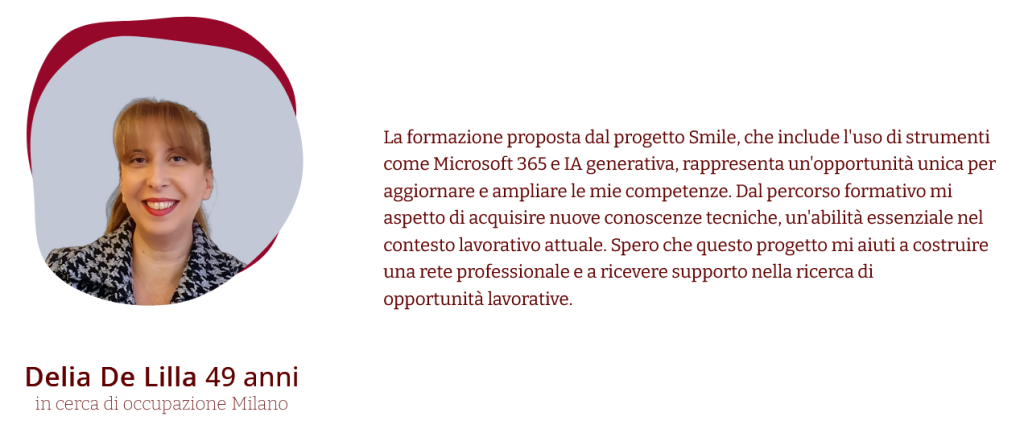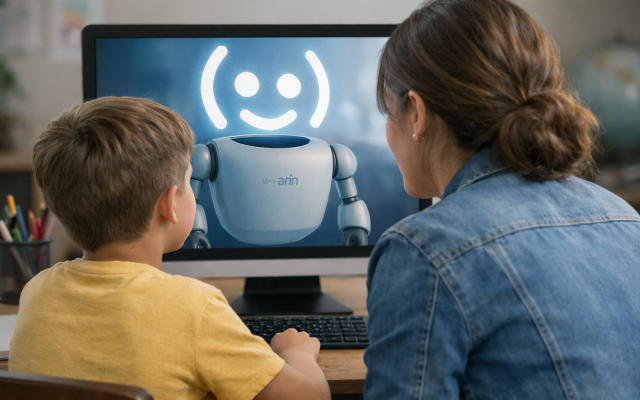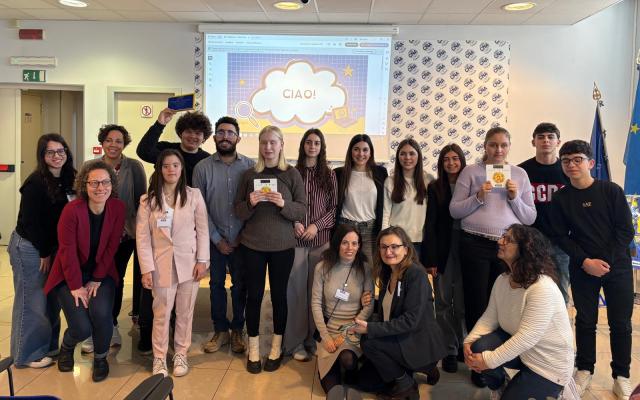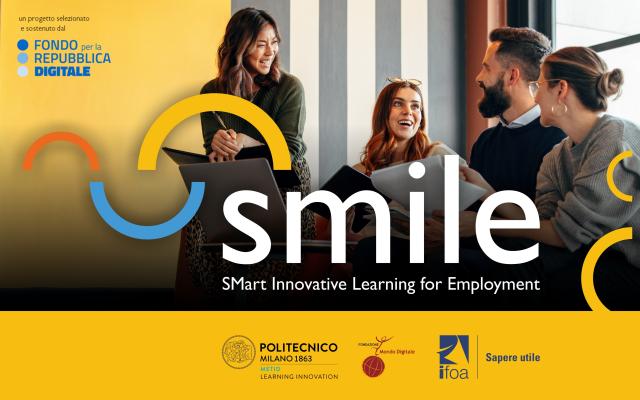SMILE: Generation X invests in digital skills for professional reintegration.
Being out of work near the age of 50 is not easy, especially for women, who often report feeling ‘invisible’. Many write letters to newspaper editors, hoping that someone will talk about their condition and take concrete action to support them. Almost ten years after the book-investigation Non ho l'età. Perdere il lavoro a 50 anni by Loris Campetti, what has changed? Does finding oneself unemployed at an older age really make people invisible?
Project Smile (acronym for SMart Innovative Learning for Employment), selected and Being unemployed at age 50 is not easy, especially for women, who often say they feel “invisible.” Many send letters to newspapers, hoping that someone will address their condition, and that concrete action will be taken to support them. Almost ten years after the investigative book entitled Non ho l’età. Perdere il lavoro a 50 anni by Loris supported by the Fondo per la Repubblica Digitale - Impresa sociale, has opened a window onto this complex reality, showing that Generation X is determined to get back into the game.
Delia’s Story
Delia De Lilla, 49, a Neapolitan who moved to Milan, is attending the Social Media Marketer with AI course. With a degree in Oriental Languages and Civilizations and a curriculum full of international experiences, Delia has worked as a director’s assistant, office manager, event manager, project manager, and HR digital recruiter. Now, after a period of inactivity, she has decided to invest in the future with digital training.
“I chose Smile to develop the digital skills that are essential on today’s job market, tools like Microsoft 365 Copilot and generative artificial intelligence,” says Delia. “I expect to acquire new technical knowledge, expand my professional network, and find support in finding job opportunities.”
The Smile course includes 120 hours of intensive training (smart track), with a focus on digital tools, generative AI, and soft skills to improve productivity and well-being at work. One of the main objectives is to help participants remain competitive on an increasingly technological market, also offering networking opportunities.
Delia is currently unemployed and has decided to use her time to retrain. “I chose to enrol in Smile because I am particularly interested in developing my digital skills, especially basic digital tools,” explains Delia. “These topics are fundamental for my professional career, as the job market increasingly requires technological knowledge and the ability to adapt to change. The course, which includes the use of tools such as Microsoft 365 and generative AI, represents a unique opportunity to update and expand my skills. I expect to acquire new technical knowledge, an essential skill in the current work context. I hope that this will help me build a professional network and receive support in the search for job opportunities.”
The choice to study the use of tools such as Microsoft 365 Copilot is proving to be strategic. In fact, a Microsoft study [see: Using AI. From Vision to Productivity and Beyond] highlights that the adoption of generative AI improves organization, productivity, and engagement, freeing up personal time. For women, who are often divided between work and family, these benefits represent an added value. Furthermore, companies are increasingly looking for figures capable of integrating AI into production processes, a sign of a change in work dynamics.
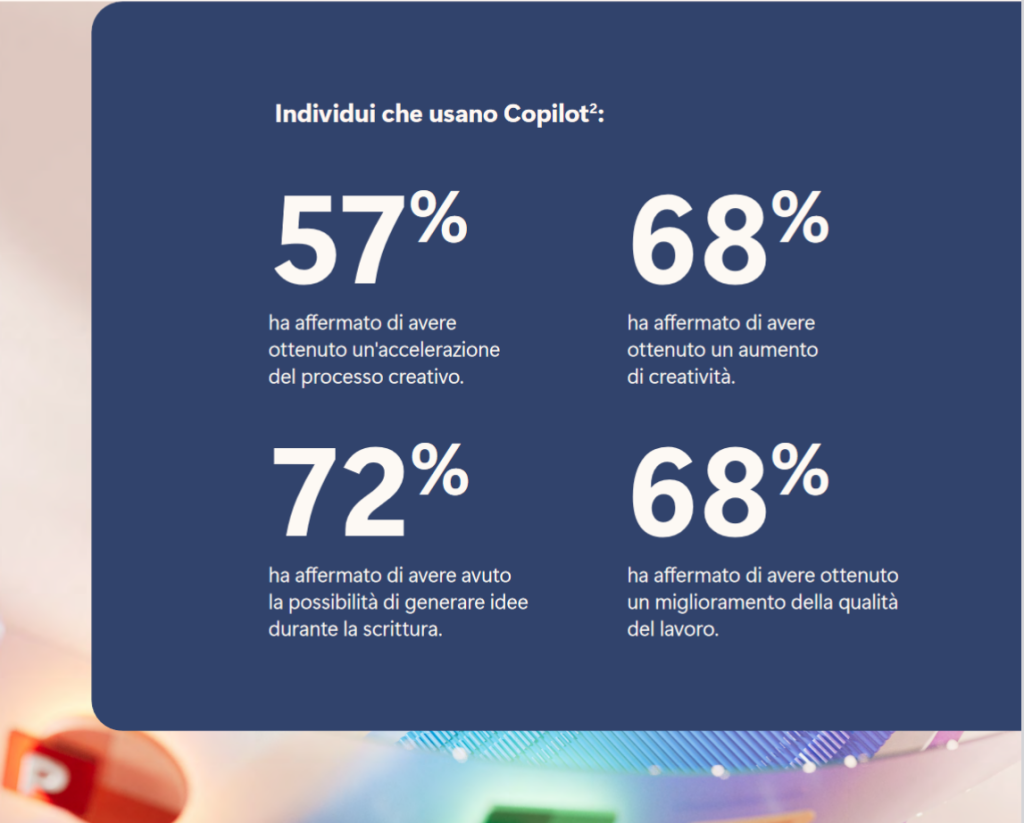
The Social Media Marketer with AI course is a Project SMILE proposal (acronym for SMart Innovative Learning for Employment). The project, selected and supported by the Fondo per la Repubblica Digitale - Impresa sociale, helps unemployed and inactive people aged 34 to 50 in Emilia Romagna, Lazio, Piedmont, Lombardy, and Tuscany with job reintegration, by providing 120 hours of training (smart track) for the development and improvement of digital skills. Participation is free.
